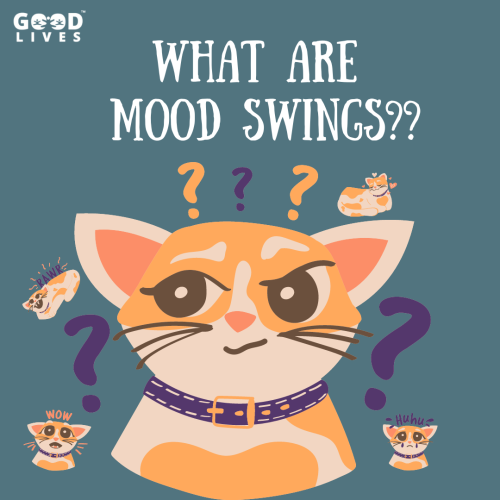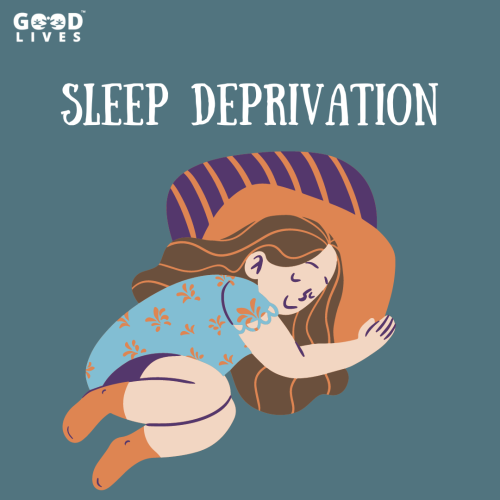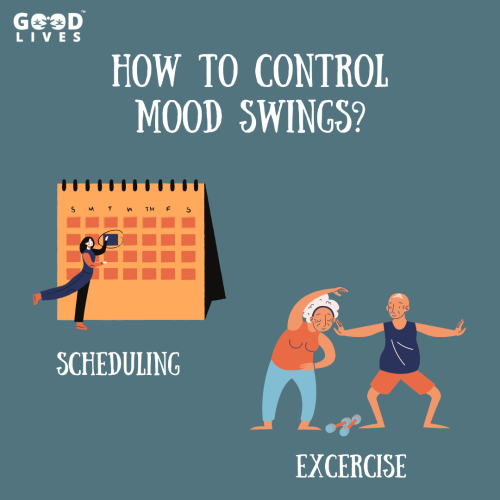What are Mood Swings?

“Has it ever happened to you that you feel grumpy one minute and happy the next?”
That you are joyful and chirpy jumping around the house at the moment and the other second you are lying on your bed rethinking your whole life?
Don’t be afraid, these emotions are just caused by your hormones and do not purely mean anything. These are merely just mood swings. A mood swing is a sudden or intense change in an emotional state. During a mood swing, a person may quickly switch from feeling happy and upbeat to feeling sad, irritable, or angry. All these can be counted as mood swings symptoms to help you rectify when you are experiencing one!
Did you know the 7 benefits of laughing therapy?
What are Mood Swings in Men & Women? 5 Common Causes
Often mood swings are associated with women but the truth is that these mood swing disorders are faced by all genders. Usually, the main contributors to mood swings are diet, sleep, and substance abuse. The most common causes of mood swings affecting anyone and everyone are:
Bipolar disorder
It is referred to as a mental health condition or a mood-related disorder that causes extreme mood swings that include emotional highs (mania or hypomania) and lows (depression). An individual with bipolar MDD, also referred to as clinical depression, is a significant medical condition that can influence multiple areas of their life.
Sleep deprivation

Your body and brain take a time-out from the rest of the world when it is at sleep. Bedtime is the time when your body heals the most. Hence when you are short on shut-eye, you tend to experience crankiness and depression. Meaning that sleep deprivation can cause you to have contentious moods wings.
Due to high-level mood swings, sleep deprivation can cause you to have bad mood swings for no reason. Studies show that sleep-deprived people report increases in negative moods (anger, frustration, irritability, sadness) and a decrease in positive moods.
Low blood sugar
Have you ever gotten “hangry” — hungry and angry at the same time — low blood sugar may have been to blame. This happens to some people when they go long between meals. Low blood sugar may make you feel mad, upset, lonely, or confused. You even may feel the need to cry or scream. To regain yourself, it is recommended that you eat something. Your brain, the center of your thoughts and emotions, needs glucose to do its job. If you don’t have enough glucose “feed your brain,” meaning you have low blood sugar levels, your brain can go “haywire”. Even though it appears like you are overwhelmed by anything around you, this can be a physical response to low blood sugar/glucose (hypoglycemia).
Stress
Stress can occur at any point of life, at the office due to work, at home due to chores, or any other reason. Chronic stress can lead to mood swings disorder, negative thoughts and you might feel sad, angry, or bitter. You can start feeling better when you distract yourself from the core reason for your stress. Daily exercise is also known to be an escape from stress
Caffeine

It may be surprising to know for a few that even caffeine can cause mood swings to some people. Consumption of Coffee, soda and other beverages can be the reason for your mood swing. Because caffeine encourages your nervous system, it can cause you to feel more alert than usual. If you consume it often, your body gets used to its effects. By that point, if you attempt to cut back results in mood swings depression, for example, it forces you to feel tired, annoyed, nervous, or anxious.
Read some that’ll make your day!
spread-happiness quotes make your day!
What are Mood Swings & How to Control Them?

Mood swings might be difficult to manage but here are some steps you can take to help ease them:
- Create a schedule: Try to create a routine for yourself, especially when it comes to eating and sleeping.
- Focus on what you are feeling right now: Exercise daily: Exercising regularly has several benefits for nearly all aspects of your health, including mood. It relaxes and frees your muscles providing you be more calm and stable.
- Get sufficient sleep: A good night’s sleep is important, and being sleep-deprived can influence your mood.
- Eat a healthy diet: A balanced healthy diet can improve your mood and keep you healthy. Here are some tips for sticking to a healthy diet.
- Practice relaxation: Engage in calming practices like yoga or meditation whenever having insatiable moods.
- Avoid stress: Easier said than done, right? If it is impossible for you to bypass the stress, try deviating from the reason of stress with the help of music and talking to friends etc.
- Talk it out: Find someone to talk to, such as a friend, family member, or professional counselor.
Above mentioned were some of the natural remedies for mood swings and irritability to answer your question of ‘how to control mood swings naturally’
Need some personal advice? Talk to us at GoodLives | Mental Health Services
0 Comments